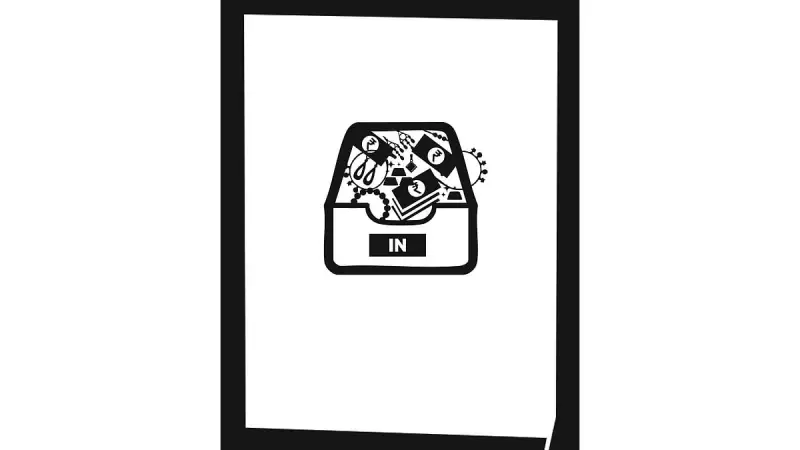
India's bureaucratic landscape presents a disturbing paradox where corruption often gets rewarded while integrity faces systematic punishment. The very system designed to ensure good governance has evolved into a machinery that prioritizes conformity over competence, creating an environment where dishonest officials not only survive but thrive.
The Conformity Premium
Within the hallowed corridors of power, a silent but powerful dynamic operates: compliance trumps capability. Bureaucrats who unquestioningly follow directives, regardless of their ethical implications, find themselves fast-tracked for promotions and prestigious postings. Meanwhile, those who dare to question questionable practices or insist on due process face professional isolation and stalled careers.
The Honest Officer's Dilemma
Civil servants committed to ethical governance confront an impossible choice: maintain their integrity and risk professional oblivion, or compromise their principles for career advancement. This systemic pressure creates what veterans describe as an "institutionalized preference for pliable officers" who won't rock the boat, even when the boat is clearly heading in the wrong direction.
How the System Protects the Corrupt
- Transfer as Punishment: Honest officers challenging corruption often face frequent, inconvenient transfers designed to break their resolve and disrupt their work
- Promotional Politics: Key promotions routinely bypass officers with integrity in favor of those willing to accommodate questionable demands
- Posting Preferences: Lucrative and influential postings consistently go to bureaucrats known for their "flexibility" rather than their principles
- Performance Evaluation Manipulation: Confidential reports become tools to punish honesty and reward compliance
The Political-Bureaucratic Nexus
The problem extends beyond individual corruption to a deep-rooted symbiosis between political interests and bureaucratic compliance. Officers who facilitate politically convenient outcomes, regardless of legal or ethical considerations, become valuable assets in this ecosystem. This creates a self-perpetuating cycle where the wrong kinds of behavior get systematically reinforced.
The Cost to Governance
This institutional bias toward conformity comes with devastating consequences:
- Critical policy implementation suffers from excessive risk-aversion
- Innovation and initiative become career liabilities rather than assets
- Public trust in institutions erodes as citizens witness compromised governance
- Economic development stalls due to decision-making paralysis
Breaking the Cycle
Reforming this deeply entrenched system requires structural changes beyond individual accountability. Experts suggest implementing transparent transfer and promotion policies, protecting whistleblowers, and creating independent mechanisms to evaluate bureaucratic performance. Most importantly, the system needs to rediscover its original purpose: serving the public interest rather than political or personal agendas.
The future of India's governance depends on whether the system can transform from one that rewards conformity to one that celebrates integrity and competence. Until then, the corrupt will continue to flourish while the honest struggle to survive in the very system they swore to uphold.






